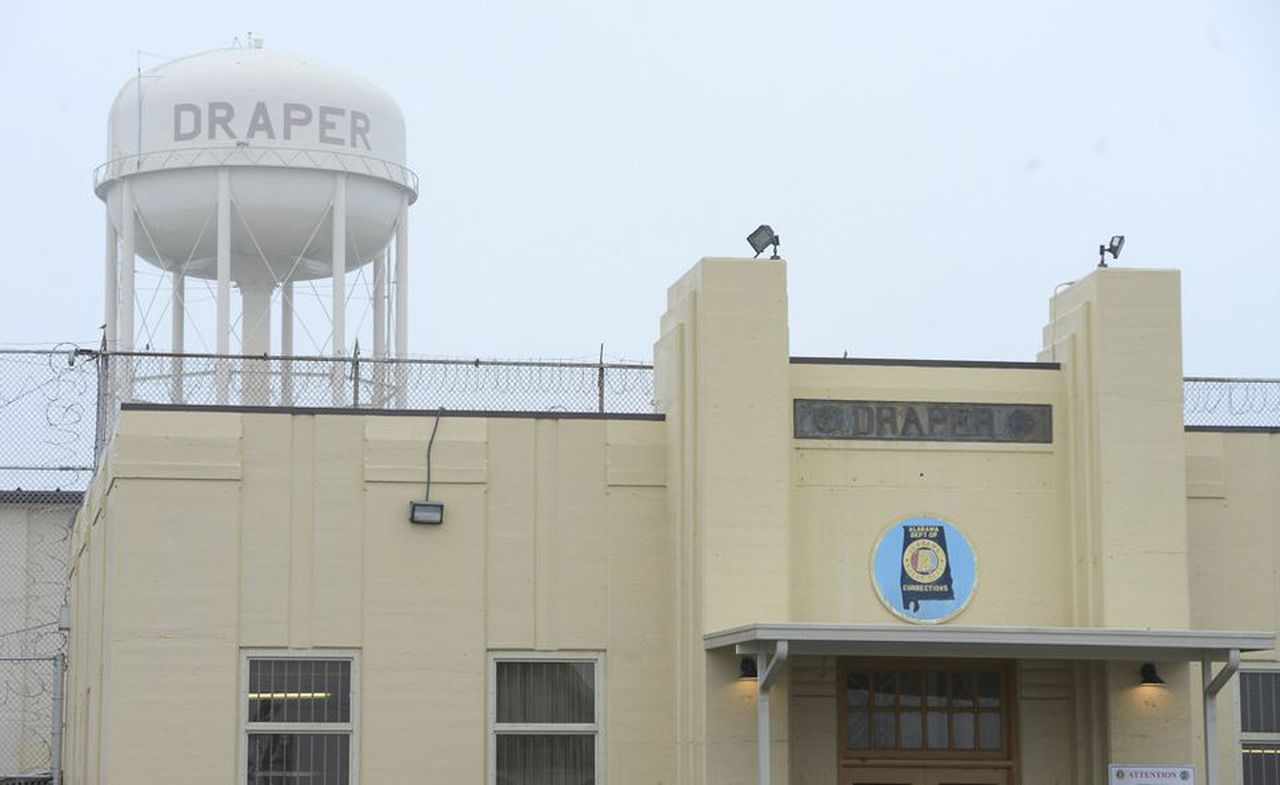Judge says Alabama prisoners can’t join DOJ lawsuit over food, medical concerns
A federal judge has told a group of Alabama prisoners they can’t join in on the Department of Justice lawsuit against the Alabama Department of Corrections for their claims about about food and medical needs.
Earlier this month, 37 inmates at ADOC facilities filed a motion to join in the 2020 lawsuit, where the DOJ sued Alabama prisons over its conditions and other factors. That lawsuit is ongoing, and a judge has told both sides to be ready for a non-jury trial in 2024. The DOJ lawsuit alleges the ADOC fails to protect prisoners from inmate-on-inmate violence and sexual abuse, to protect them from excessive force by staff, and to provide safe conditions of confinement, which violates constitutional prohibitions on cruel and unusual punishment.
The state has acknowledged problems in the prison system but has denied that conditions violate the constitution.
This latest filing from the 37 inmates claims that the ADOC has reduced their food and access to medicine, calling the situation “ongoing and worsening life-threatening conditions.”
United States Judge for Northern District of Alabama David Proctor said in his order filed Tuesday that the prisoners’ new claims aren’t the same as those asserted in the initial lawsuit, meaning they can’t intervene in the case.
“This case has been pending for almost two years,” Proctor wrote. “Adding new parties and new issues at this late date would force the original parties in this case to litigate factual questions not presently at issue, expand the scope of discovery which has already been underway, and ‘unduly delay or prejudice the adjudication of the original parties’ rights’ in this matter.”
The 37 inmates said in their filing that this summer that the state and the Alabama Corrections Institution Finance Authority “made it plain that they would not seek funding for any improvements other than new prisons” and that in August, the state “made it plain that the Alabama Department of Corrections would have no additional funds to hire more correctional officers.” The filing also cited the September inmate work strike, adding that prisoners “became subjected to limited food provision, both in quantity and quality, and change in medication/medical equipment policy, in relation to the inmate labor strike.”
The work stoppage began Sept. 26 in conjunction with a protest outside the ADOC offices in Montgomery. Relatives of inmates and former inmates took party in the rally and called for better conditions and medical care in prisons, as well as sentencing reforms and more paroles granted. Inmates at facilities across the state stopped doing the unpaid work that keeps prisons functioning, such as food, janitorial, and laundry services. Prisons reduced food service to two meals a day and restricted inmate movement during the strike.
It ended after three weeks, according to ADOC.
“It is (inmates’) reasonable belief that this worsening of conditions has escalated due to the retaliatory tactics of Alabama prison staff in response to an inmate labor strike,” the inmates’ document said.
“Since the initiation of DOJ’s investigation into the unconstitutional conventions of ADOC, conditions within the prisons have continued to decline. Staffing levels have declined. Violence, suicides and overdoses have increased. Defendants have taken no immediate measures to ameliorate the primary concerns of the DOJ investigation…”
